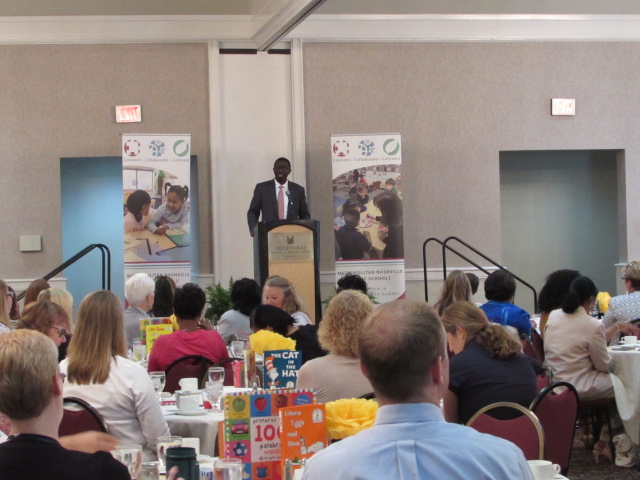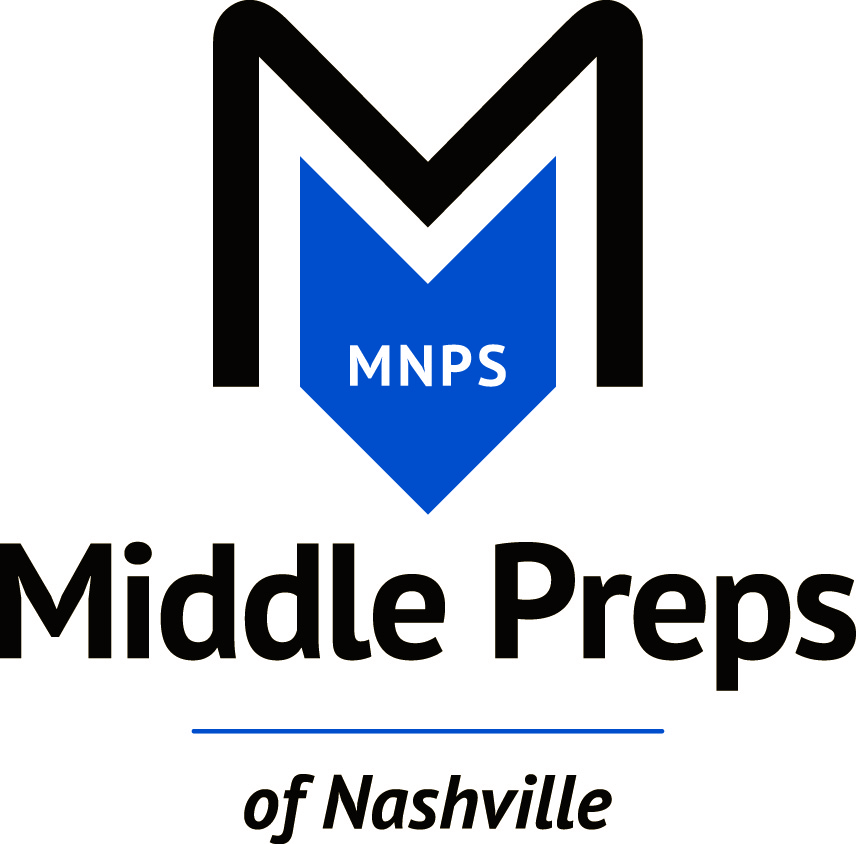If you are involved in public education in Nashville, you’ve been hearing a lot recently about budget issues. You’ve got questions. The answers are still elusive, however.
TC Weber takes a crack at explaining a bit more about the MNPS budget and the two issues (an enrollment drop and a shift in funding priorities) causing some concern around the district.
Here’s some of what he has to say:
The first question is why this short fall wasn’t identified and adjusted for at an earlier date. Some of you may not be familiar with how the state funding process works. Each student is assigned a dollar value by the state. Every 20 days the district submits a count to the state in which funding is based on. Twice a year, the state cuts a check. So, I’m curious why this shortfall, or potential shortfall, wasn’t spotted in October. Or November. Or December, Finding it in February is a little curious. Unless people were just ignoring it till February when they went out to the mailbox looking for a check and the mailbox was bare, so then questions arose.
The second question arises from the size of the shortfall. I say, “$7.5 million” to you and your eyes get wide. But if I put that 7.5 next to 900 million, it ain’t so eye widening. What I’m saying is, we should be concerned, but does this warrant a crisis like reaction? And that’s how we’ve reacted. A hiring and traveling freeze has been imposed. Individual school budgets – monies that have been pre-approved and are part of the this years budget – if not already spent, are required to be re-submitted for approval.
TC takes the time to explain a bit more about Title I funding, too. Check out the post for more on the puzzle that is the upcoming MNPS budget.
For more on education politics and policy in Tennessee, follow @TNEdReport

